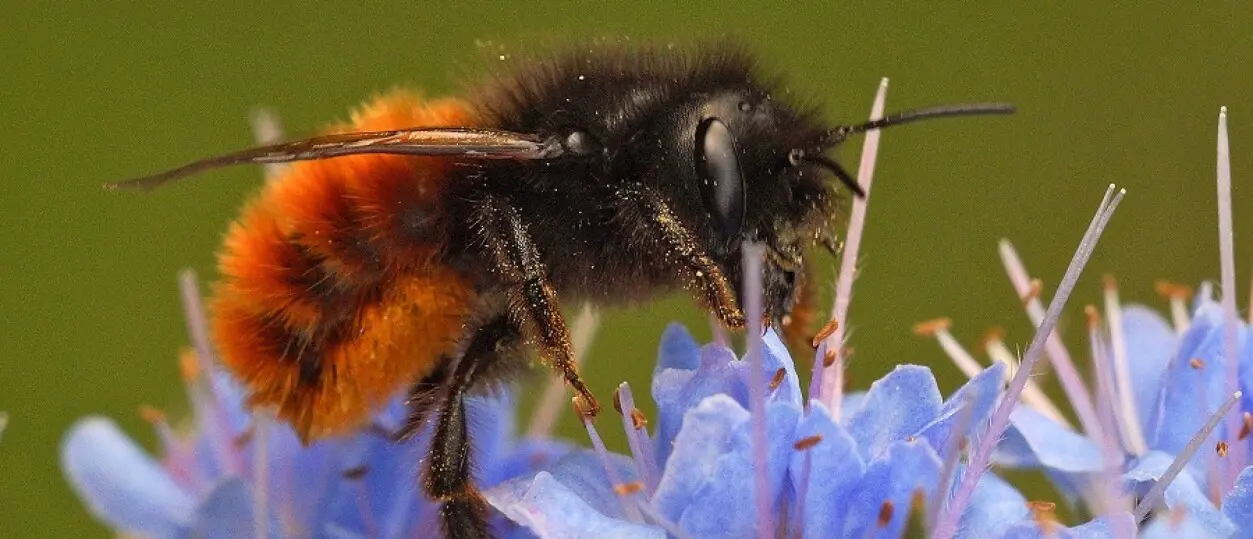It is the most abundant animal group on earth. Insects are crucial in any ecosystem. Alarming studies on insect decline have appeared frequently in recent years. Numbers are declining fastly all over. Ten per cent of insect species are even threatened with extinction. Fewer insects also means less food for other animals, such as birds.
One
scientific review speaks tellingly of “death by a thousand causes”. Are microplastics among the causes of their decline?
Decline in German forests
More than 60 percent of insect species have been declining in German forests over the past decade. The main reason for this, according to a recent study, is related to
forest management. Microplastics as a possible cause is not mentioned in this study. But it is clear that many factors play a role besides forest management: climate change, monocultures, habitat fragmentation.
Microplastics are everywhere
There is no place on earth where microplastics have not been found. These tiny particles are distributed by the wind and deposited in rainwater droplets. This way they end up in areas that are seemingly pristine. Concentrations of microplastics increase because they hardly break down. Insects are more and more likely to come into contact with microplastics. Indeed, insects cannot avoid it and this is true even for the smallest species.
Insects spread microplastics
Insects acquire micro- and nanoplastics in their bodies through ingestion. They pass these on to other animals when they themselves are eaten. Flying insects and worms are also known to spread microplastics. This is how microplastics enter food chains.
Bees bring the microplastic fibres contained in their food to the hive where they end up in the wax, honey, and larvae.
More research urgently needed
Several studies are showing
harmful effects due to microplastics in insects, such as reduced growth, reduced reproduction, inflammation, damage to internal organs. But not all species are affected.
Researchers speak of an important knowledge gap and call for more research. Plastic Soup Foundation concurs with that call.
Nonetheless, no researcher has ruled out the possibility that microplastics can affect insect decline.

